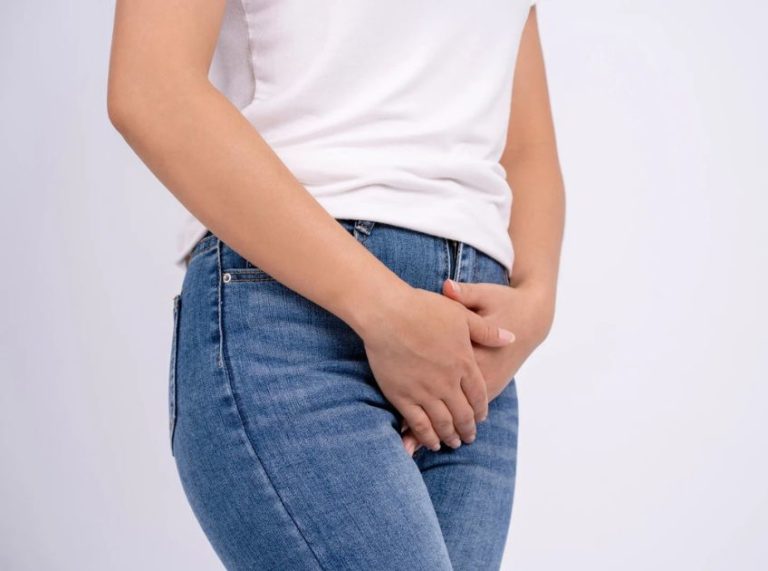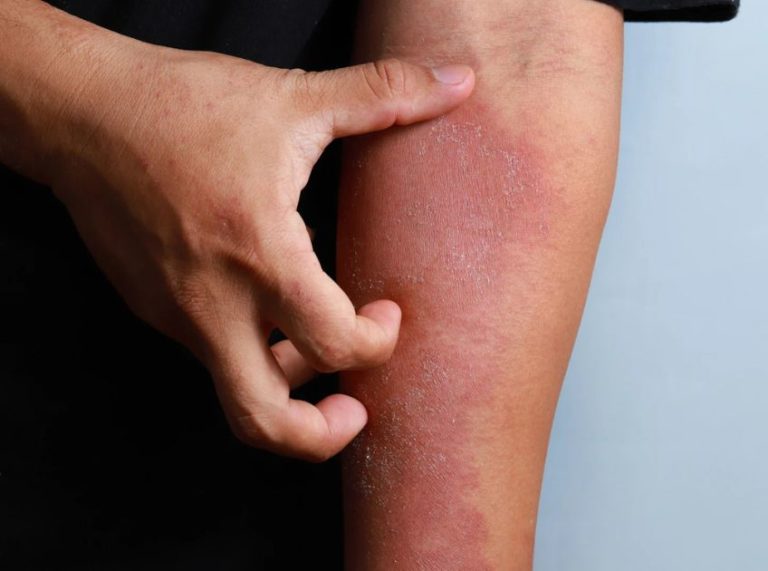
Important: This article is for informational purposes only. Please read our full disclaimer for more details.
We have often heard the phrase, “That person has smoke coming out of their ears”. These common idioms use red and hot ears to denote emotions like anger, anxiety and frustration. Although this phrase is a part of popular jargon, emotional turmoil associated with anger can cause your ear to become red and hot.
People might have been affected by the red and hot ear situation at one time or another. It could be a sign of an underlying medical condition or mean nothing at all.
If you often wonder why my ears get hot suddenly, keep reading to know the answers!
Signs and Symptoms of Hot Ears
- The first symptom is red earlobes that become hot and start burning. You may feel it in one or both ears.
- Most people feel mild burns and aches. But for some, the pain is sharp and severe.
- A typical attack lasts 30-60 minutes. In rare cases, the attack lasts for more than 4 hours.
- Fever, severe pain, swelling, and headaches are other common symptoms associated with it.
What Causes Red and Hot Ears?

Below are some prevalent causes of red and hot ears. While some of these causes resolve on their own over time, others require medical attention.
- Sunburn: One of the common causes of the outer ear becoming red and hot is sunburn. It often gets noticed once you come out of the sun. Many people do not realize that this vulnerable, sensitive skin area needs protection from the sun, too.
Sunburn in the ear will feel sunburned on another part of your body. In addition to pain and burning, it also causes redness, swelling, blisters, and itchy, peeling skin days after sunburn. - An emotional response: A person’s ears can often get hot and red due to strong emotions, such as stress, anxiety, anger, frustration, and shyness. These emotional responses can trigger vasodilation and sudden, severe redness of the face, neck, and ears that lasts a few minutes.
Red and hot ears may also occur while blushing but quickly return to normal color and temperature. - Hot or cold temperature: When exposed to very hot or cold temperatures, the ear will often turn red and heat up.
Extensive heat sensations induce blood vessels to dilate, facilitating heat dispersion and body temperature regulation. Consequently, the blood vessels rise towards the surface, causing a hot and red hue on the ear. - Hormonal changes: Individuals dealing with hormone changes for various reasons may also get red, hot ears. Menopause, hot flashes, and chemotherapy treatment can cause your ears to become red and hot.
While getting hot flashes, dress in layers to put on or remove clothing to regulate the temperature better. - Red Ear Syndrome: is a less common reason for getting hot ears. Red ear syndrome is a rare condition that shows up as a severe burning sensation in one or both the ears. It is often accompanied by migraines or clusters of headaches. It can last from an hour to several hours and can reoccur daily.
It is not just the color or temperature; it can disrupt your hearing system and show symptoms like tinnitus and hearing loss. - Seborrheic dermatitis: Seborrheic dermatitis or eczema mainly affects the scalp, causing red and patchy scales. However, it can spread to other regions, such as the ear, face, upper back, etc.
While it can be set off by stress, hormonal changes, and even harsh personal products it often follows a pattern of erupting and then clearing and it can last for several years. - Otitis media: Ears can become prone to infection from bacteria or germs that penetrate the body through the cuts or directly enter the auditory system.
Ear infection is caused by the fluid which is accumulated in the middle ear causing inflammation, pain and swelling. - Injury or trauma to the ear: Piercing, scratches, and bug bites are some of the ways that cause injury or trauma to the ears. In most of the cases, the hot ear caused by trauma is treated with the help of OTC pain medication.
- Trigeminal nerve pain: Trigeminal nerve pain can begin as mild but will worsen quickly if left untreated. It affects the ears, as well as the neck, lower face and jaw.
It is triggered by routine tasks like eating or brushing teeth. The pain could be excruciating and should be treated by a doctor as soon as possible. - Erythemalgia: Brought on by warm temperatures or exercise, this extremely rare condition or disorder affects the extremities, including the ear. It causes burning, distress, redness and an increased skin temperature. This disorder is diagnosed by a physician who prescribes medication to alleviate or at least control the symptoms.
- Allergy: Allergic reaction might be another common reason that causes ears to have burning sensation. This condition can happen if you are exposed to allergens such as insect bites, personal care products, topical cream, or jewelry.
How to Treat Hot and Red Ears?

There is no magic or overnight treatment that can stop a hot and red ear attack. There are different treatments for different factors causing hot and red ears. A few of the treatments and lifestyle changes can make things better. These are-
- Taking a cool bath or shower.
- Moisturizing the skin with gentle products that contain aloe vera or other soothing ingredients.
- Staying hydrated.
- Taking over-the-counter medicines to relieve pain and swelling.
- Avoid or prevent exposure to allergens.
- Avoid alcohol or spicy food.
- In ear infection apply a warm compress to the affected ear.
- Using OTC ear drops in infection.
- Topical anesthetic.
- Cooling of the skin.
Conclusion
There can be various underlying factors that can cause a hot ear, so the outlook varies by the condition that triggered it. Some conditions like ear infections and sunburn are very common and treated easily.
While burning ears are not usually a cause of concern, they can be uncomfortable. Cooling off the skin or taking OTC pain medication can provide relief.
If the condition worsens and it impairs your ability to hear, you should immediately see a doctor.
Image Source : freepik
Related Articles
- Apple Cider Vinegar for Ear Infection: How to Use?
- 6 Best Essential Oils for Ear Infection and How to Use
- How to Use Tea Tree Oil for Ear Infection?
- Ear Mites in Humans: Symptoms and Treatments
- Can Olive Oil Remove Wax or Treat an Earache?
- How to Cure an Earache Fast at Home with Onion
- 8 Simple and Effective Home Remedies for Earache
- How To Use Sweet Oil For Earache Relief
- Why Do Older Adults Wake Up Early? Understanding and Easing Age-Related Sleep Shifts
- Ear Hair Removal: The Best Methods and Techniques
- How to Clean Ears With Hydrogen Peroxide
- Types of Ear Piercings Chart: What Piercing Should I Get
- How to Use Olive Oil For Ear Infections?
- How to Cure An Ear Infection With Garllic?
- How to Use Apple Cider Vinegar for Earaches Relief?
- 10 Best ENT specialists in Bangalore
- 10 Best ENT Specialists In Delhi
- How to Treat Earache With Tea Tree Oil?
















